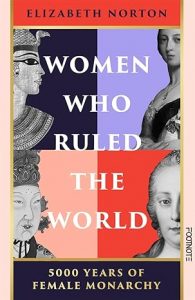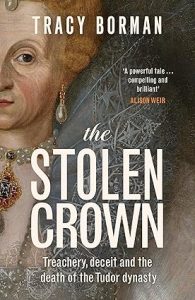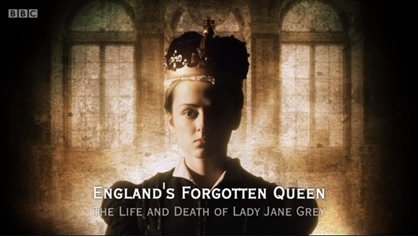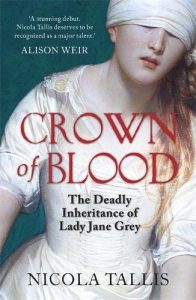Sylvia Soberton is the author of ‘The Forgotten Women: Anne Seymour, Jane Dudley and Elisabeth Parr’ and ‘Great Ladies: The Forgotten Witnesses to the Lives of Tudor Queens’, ‘Golden Age Ladies: Women Who Shaped the Courts of Henry VIII and Francis I’, ‘The Forgotten Tudor Women: Margaret Douglas, Mary Howard & Mary Shelton.’
Her new book, ‘Medical Downfall of the Tudors: Sex, Reproduction & Succession’ was published in October 2020.
To buy ‘Medical Downfall of the Tudors’:
Follow Sylvia on Social Media:
Twitter: @SylviaBSo
Facebook: The Forgotten Tudor Women
Many thanks to Sylvia for answering my questions.
Why did you choose this subject for your book?
The Tudor dynasty died out because they struggled to conceive healthy children. Why? I wanted to research this aspect of their lives.
What does your book add to previous works covering this subject?
I offer a fresh perspective with interesting titbits from the archives. There’s also a great deal of myth-debunking, and some readers may be surprised that what they thought they knew is sometimes not what really happened.
Do you have a favourite medical discovery?
There are many, but one of my favourites is a rarely quoted manuscript according to which Henry VII died in his closet that is a private oratory. I was surprised because there are accounts and a contemporary drawing depicting Henry dying with a prayer on his lips in his bed, surrounded by his courtiers and physicians. His death was kept secret for two days, and I feel it was because he died so suddenly in his oratory.
What surprised you most researching your book?
I was a bit surprised that Henry VIII was so much into medicine. I knew from my previous research that he enjoyed creating medicines and lotions, but I didn’t know he put so much trust in his physicians. Also, he didn’t like the idea of quacks performing medical procedures, so he regulated that.
What sources did you find most useful during your research?
Letters offer valuable insights into the people’s mind-sets. I also enjoyed Dr Butts’ Diary, a manuscript currently preserved in the British Library, containing a list of medicines made for and by Henry VIII.
Is there a Tudor medical myth that you would like to dispel?
There are many that I’d love to dispel! One of the most important ones is that Katharine of Aragon wasn’t menopausal when Henry VIII initiated the Great Matter, their annulment, in 1527. There’s simply no evidence for this in the primary sources. Also, historians always write about Katharine’s many miscarriages, but in fact there’s no evidence that she had miscarriages. It’s more accurate to say that she experienced premature or stillbirths. Historians often don’t differentiate between miscarriage and stillbirth, but there’s a big difference between these two terms.
Do you think Lady Jane really thought she was poisoned as she mentions in her letter to Mary?
I think she believed she was poisoned, but I personally don’t think that was the case.




































